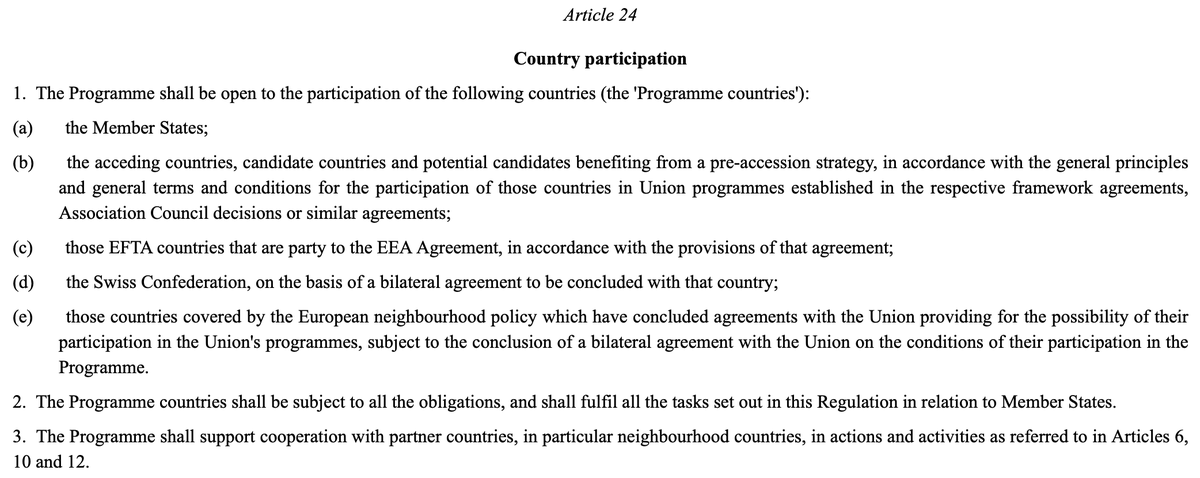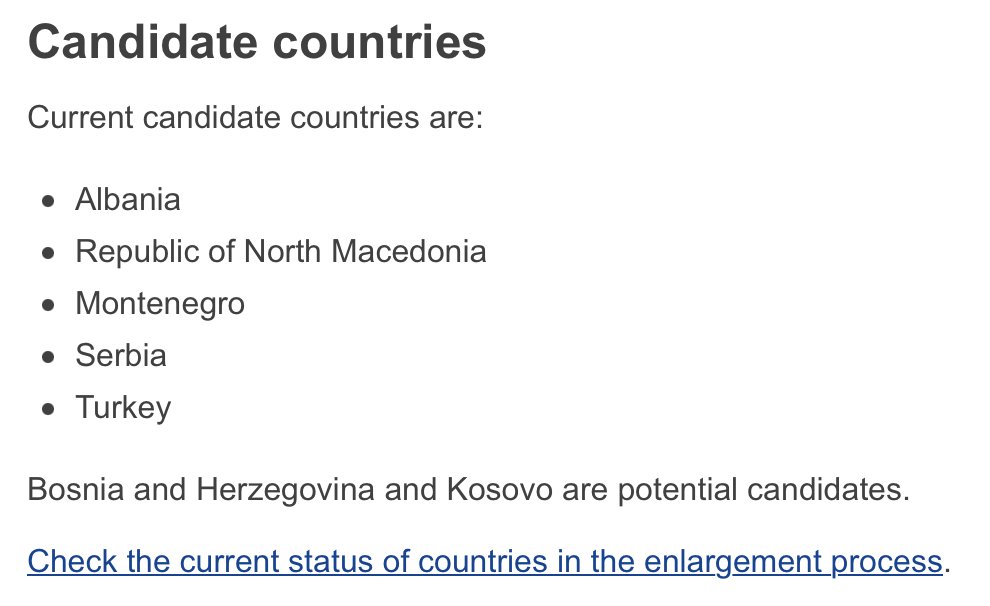Alex1Powell Authors Prof Paul James Cardwell
7 days
30 days
All time
Recent
Popular
Short thread need. To be clear - getting agreements, even continuity ones, is good news for the UK and an achievement for those who have worked on them in such a short, pressured period of time.
But to claim, as Steve Baker does, that this is a UK strength is false. /1
First, it hardly needs to be said that a continuity agreement is not the same as a new agreement from scratch. The current EU agreements were negotiated with the UK as a Member State, so the UK's interests were already built in. /2
The proof of this can be seen by comparing agreements (eg. the new Japan-UK and EU-Japan) side by side. The differences are often due to the lack of need of details such as what the equivalent of 'lawyer' is in 24 official EU languages. /3
So, the UK is able to piggy-back on the long-term negotiations that took place by the EU. In the case of Japan, I was a stagiaire in the Commission in Tokyo right at the start of the pre-pre-negotiation process ... in 2000-1! /4
Is the EU particularly cumbersome? There is an argument to be made than the UK (or any single state) could act more nimbly because of the lack of need to integrate the interests of 27+ Member States. BUT is there any evidence of this? Not really. /5
But to claim, as Steve Baker does, that this is a UK strength is false. /1
Disingenuous.
— Paul James Cardwell (@Cardwell_PJ) December 11, 2020
Key words here - \u2018continuity agreement\u2019. The hard negotiating work was done by the EU over many years (with UK input).
How many agreements has UK secured which are *not* continuity agreements? None.
Is there an agreement with the UK\u2019s largest trade partner? No. https://t.co/5skuKWwd0M
First, it hardly needs to be said that a continuity agreement is not the same as a new agreement from scratch. The current EU agreements were negotiated with the UK as a Member State, so the UK's interests were already built in. /2
The proof of this can be seen by comparing agreements (eg. the new Japan-UK and EU-Japan) side by side. The differences are often due to the lack of need of details such as what the equivalent of 'lawyer' is in 24 official EU languages. /3
So, the UK is able to piggy-back on the long-term negotiations that took place by the EU. In the case of Japan, I was a stagiaire in the Commission in Tokyo right at the start of the pre-pre-negotiation process ... in 2000-1! /4
Is the EU particularly cumbersome? There is an argument to be made than the UK (or any single state) could act more nimbly because of the lack of need to integrate the interests of 27+ Member States. BUT is there any evidence of this? Not really. /5


